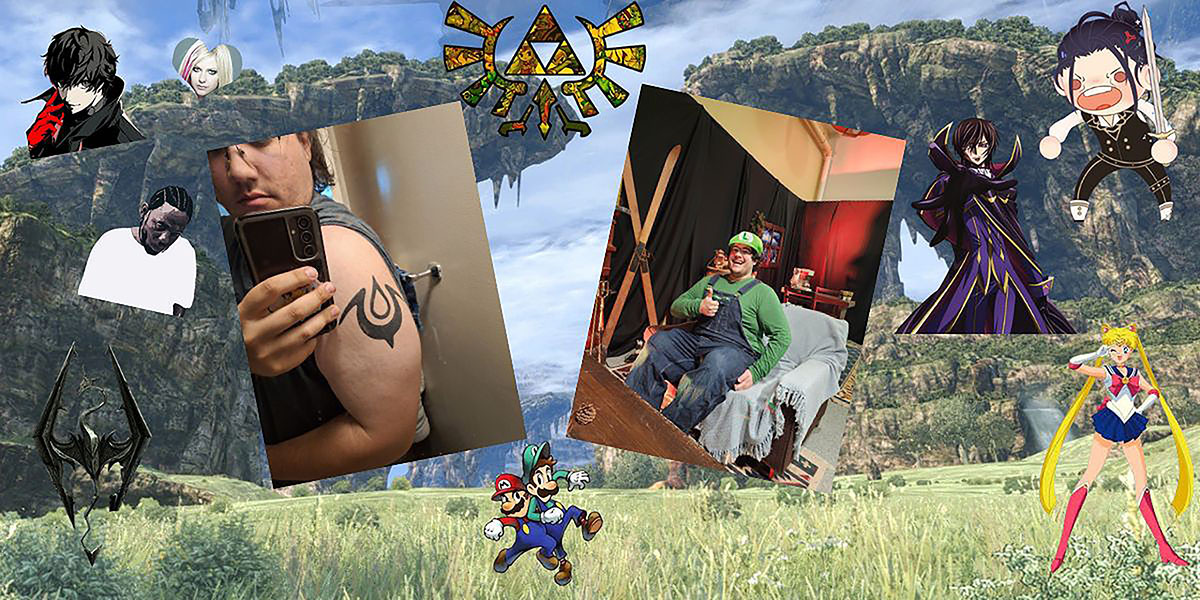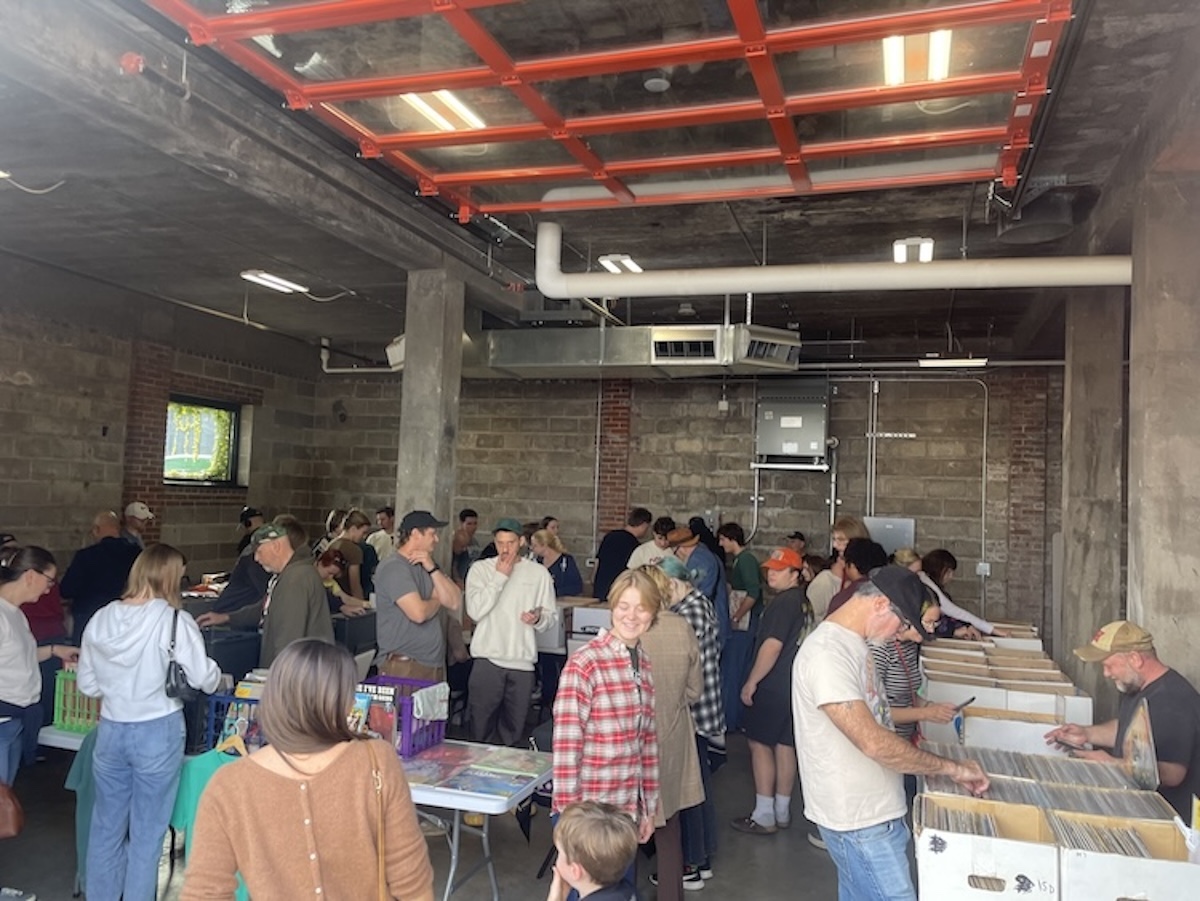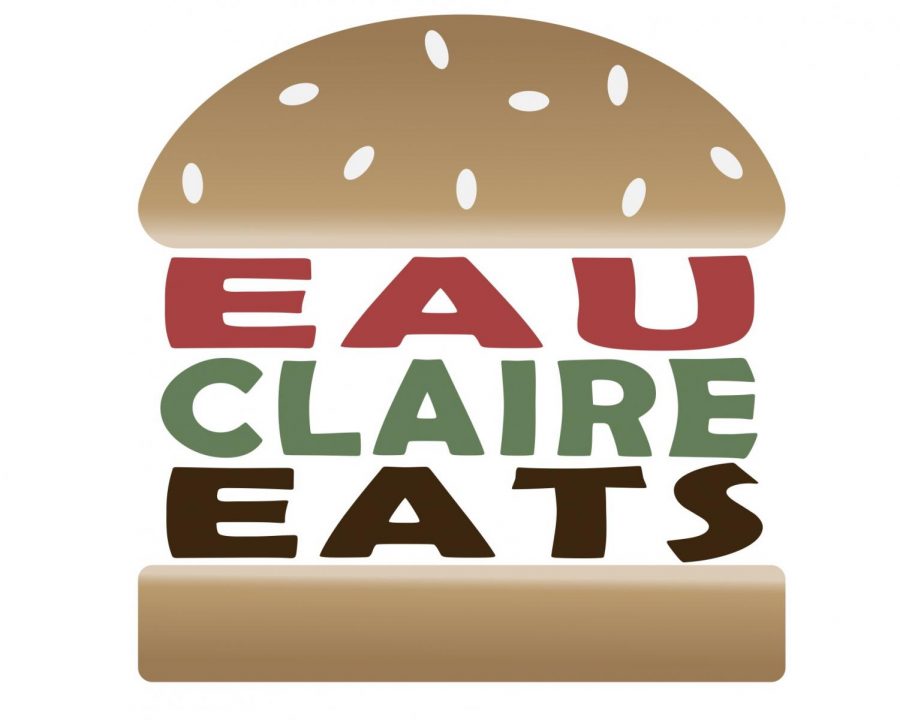Andrew Byrne, better known as the hit indie artist Hozier, released his third studio album, “Unreal Unearth,” on Aug. 18, 2023. According to Billboard, the album reached number one on the Top Rock & Alternative Albums Chart at its debut.
Hozier has long been my favorite artist, so I was excited leading up to the release of “Unreal Unearth.”
The first songs released from the album (“Eat Your Young” and “All Things End,” which came out on the artist’s birthday six months ago) promised a continuation of the
moving vocals, powerful emotion and poignant lyricism that undercuts his earlier work.
The subsequent releases of “Francesca,” “Unknown/Nth,” and “De Selby Part 2” only bolstered my intrigue. My anticipation was only furthered by the purported concept surrounding the album: Dante’s “Inferno” and the nine circles of hell.
And on Aug. 18, I was not disappointed.
One of Hozier’s greater successes in the album is the immense range he achieves, in vocals and in genre.
While maintaining a familiar ability to compose soft acoustic ballads (“Unknown/Nth”, “I, Carrion (Icarian)”) and powerful rock songs (“Francesca”), he expands into new territories, such as the electronic elements of “De Selby Part 2,” or the gospel-like “All Things End.”
Hozier also achieves new heights in his vocals in unique and unexpected ways with songs like “Eat Your Young.” The variety leads the listener through a pleasantly diverse soundscape as the album progresses, with the journey broken up by the orchestral interlude, “Son of Nyx.”
Hozier’s songs are distinguished as much by their lyrics as by their music, and “Unreal Unearth” is no exception.
The allegory of the “Inferno,” intersecting with the artist’s exploration of Irish anti-colonialism, love songs, Greek mythology and other themes creates the space for lyrics that are profound, complex and beautiful.
Through particularly poetic verses, Hozier weaves interesting and elaborate metaphors that offer themselves to several lenses of interpretation, with each song surrounding at least a couple of references.
“Unreal Unearth” also distinguishes itself in Hozier’s use of Irish Gaelic, which reflects his allusions to Irish history and literature and nationalistic themes. Each lyric feels intentional and thought-provoking.
However, the key success in “Unreal Unearth” comes from the same element as his previous two albums: deep, raw emotion. The narrators of the songs convey happiness, heartache, hatred and everything in between.
The total effect of Hozier’s haunting vocals, poetic lyrics and memorable melodies is incredibly moving songs that seem to understand some experiences of the human condition in a superlative sense, such as the gentle, lilting euphoria of “I, Carrion,” or the aching rage of “Who We Are.”
The songs are engaging and impactful, and by the time the album ends with “First Light,” which depicts the emergence from the darkness of hell with the imagery of a sunrise, the resulting feeling is almost transcendental.
Hozier’s first two albums leave a big legacy to live up to (and for me, nothing may ever surpass his very first), but “Unreal Unearth” succeeds in carrying on the best parts of his previous work while simultaneously exploring new territories and presenting a developed version of his sound.
Hozier’s music, including “Unreal Unearth,” is available on most major music streaming platforms, such as Spotify, as well as on Youtube and his website.
Flake can be reached at [email protected].













